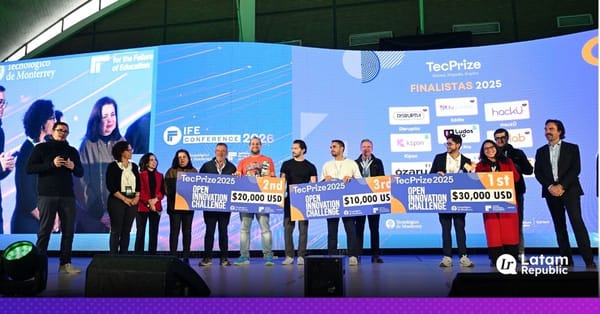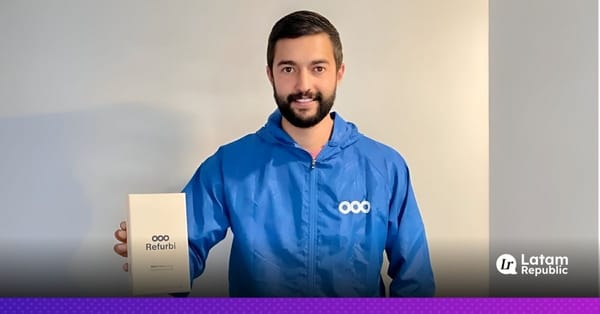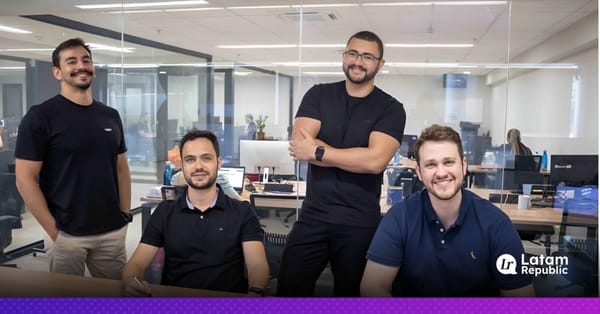Princesa de Girona prize Recognizes Health Innovation in Latam
The Princesa de Girona prize has highlighted the role of artificial intelligence in improving healthcare access in Latin America by honoring two young innovators focused on vulnerable populations.

The Princesa de Girona prize has highlighted the role of artificial intelligence in improving healthcare access in Latin America by honoring two young innovators focused on vulnerable populations.
On June 9, the Fundación Princesa de Girona awarded its International Prizes in the Research and CreaEmpresa categories to Gabriela Asturias (Guatemala, 29) and Valentina Agudelo (Colombia, 28), respectively. The ceremony took place at the Teatro del Bosque in Móstoles and was attended by King Felipe VI and Isabel Díaz Ayuso.
The foundation praised both projects for "combining science, public health, and technology with an inclusive and socially impactful approach."
ALMA: AI-Powered Health Education
Gabriela Asturias, a neurologist trained at Duke and Stanford, founded Fundación Desarrolla Guatemala (FUNDEGUA) in 2015 to support community health initiatives. Her flagship project, ALMA, is an artificial intelligence chatbot that provided medical information and advice to over one million people during the COVID-19 pandemic. It addressed questions about symptoms, isolation protocols, and healthcare locations. ALMA scaled significantly through grants of USD 455,000 from the CDC and USD 1.45 million from the IDB, enhancing its ability to support rural and migrant communities with limited access to healthcare.
Julieta: Early Breast Cancer Detection Without Barriers
Valentina Agudelo, with a background in Business Administration and health innovation, is the founder and CEO of Salva Health. In 2018, she launched Julieta, a portable device that uses AI algorithms to detect breast anomalies without radiation or complex infrastructure. Thousands of women in rural Colombia have already benefited from accessible and dignified screenings, reducing diagnostic and referral delays. Salva Health is now seeking CE certification and exploring new applications for osteoporosis, fatty liver, and diabetes to bring these tools to low-resource settings.
Breast Cancer Challenges in Latin America
Breast cancer is the most common malignancy among women. In 2022, 2.3 million new cases and 670,000 deaths were recorded worldwide. In low Human Development Index (HDI) countries, more than half of patients die due to late detection, compared to just 17% in very high HDI nations. In Latin America, mortality remains high due to unequal screening coverage and diagnostic resources, highlighting the urgent need for innovations like Julieta.
Challenges and Future of ALMA and Julieta
Both projects face technical and regulatory hurdles. ALMA must incorporate new mental health modules and validate its diagnostic accuracy through clinical studies. Julieta still needs approval from INVIMA and CE, as well as partnerships with insurers and community networks to ensure financial sustainability. Nevertheless, the recognition from the Premio Princesa de Girona offers validation, attracting investors and multilateral support that could accelerate their regional scale-up.
Toward Universal and Inclusive Healthcare Access
The acknowledgment of Asturias and Agudelo marks a milestone in the intersection of AI and public health. Their projects demonstrate how technology can drive equity by focusing on underserved populations. The growth of ALMA and Julieta could set a replicable model for other middle- and low-income countries, contributing to Sustainable Development Goal 3: ensuring healthy lives and promoting well-being for all.




